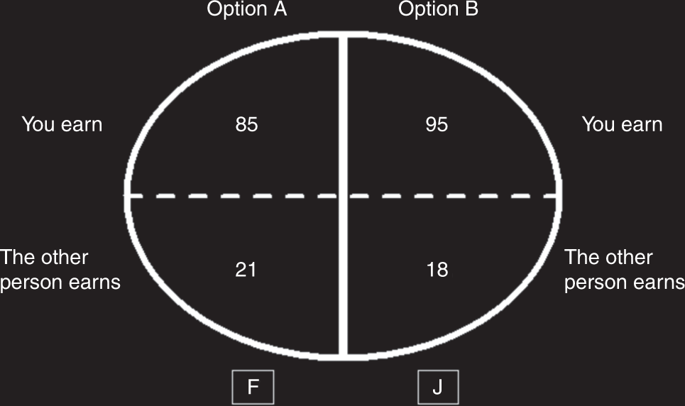Researcher CHEN Fadong reveals cognitive dimension to social decision making
CHEN Fadong, a researcher at ZJU’s School of Management, and Ian Krajbich, an associate professor at the Ohio State University, co-published an article entitled “Biased sequential sampling underlies the effects of time pressure and delay in social decision making” in the September 3 issue of the journal of Nature Communications. This research presents a clear picture about the cognitive process of social decision making. Moreover, it highlights the importance of modeling the dynamics of the choice process from the perspective of cognitive processing and thus opens the door to explaining, describing and predicting human behavior.

As a kind of pervasive behavior in human society, cooperation is an essential agent for societal evolution. Individuals or groups may cooperate with each other and human society is based on the notion of cooperation. However, scientists have long been perplexed by the issue as to how cooperative behavior evolved. It is for this reason that this issue was listed as one of the 25 big questions facing science over the next quarter-century on the 125th anniversary of Science.
Cooperation can be simply deciphered as a process like this: I pay a certain cost and you harvest some benefit. For example, when you see an old man fall down, you will have two options: to help him up or not. In this case, how will you respond first? You may be thinking: “Should I help him up or not? If I choose to help him (cooperate), I will have to pay a certain cost, but the old man will become safer and healthier; If I choose not to help him or cooperate, I won’t have to pay any cost, but he will reap no benefit.” Why do some people opt to help him out while others choose not to? What is the cognitive process underlying social decision making?
In recent years, understanding the cognitive dimension to cooperative behavior has become one of the major concerns in management, economics, psychology and neurotics. So far, there has been no definitive answer. Some scholars argue for a single comparison process whereas others argue for dual processes (one intuitive and one deliberative). Put it simply, this research can be reduced to Mencius’s claim that human nature is good or Xun Zi’s assertion that human nature is evil. In 2012, Rand, Greene & Nowak published a research article in Nature, proposing that intuition supports cooperation in social dilemmas, and that reflection can undermine these cooperative impulses. By this logic, in the “to help the old man up or not” dilemma, people will intuitively choose to help him. This research has triggered a huge wave of dispute. Some follow-up studies assert that human beings are born kind-hearted while others claim that human beings are born evil. Some studies even indicate that intuition bears no special relationship to cooperation. Krajbich, Bartling, Hare & Fehr (2015) contends that asymmetries in reaction time between choice types in decision contexts often suggested to involve competition between fast, intuitive and slow, deliberative processes (for example, moral, social, and intertemporal) can be explained by differences in the strength-of-preference or discriminability between choice options.
Against this background, CHEN Fadong and Ian Krajbich conducted an in-depth research into the cognitive process of social decision making. 102 subjects (56 females) participated in their experiment. Subjects made binary decisions in 200 mini-dictator games, where they allocated money between themselves (dictator) and another subject (receiver) anonymously. Each decision involved a conflict between selfishness and advantageous inequality aversion. Some decisions had to be made within 2 seconds, some decisions had to be made after viewing the options for 10 seconds, and in other cases, subjects had unlimited time to make a decision.

Research indicated that choice biases are magnified under time pressure and attenuated under time delay. In other words, pro-social subjects became more pro-social under time pressure and less pro-social under time delay while selfish subjects did the reverse. Hence, human nature cannot be arbitrarily deemed as good or evil.
CHEN Fadong and Ian Krajbich thus proposed a diffusion model with biased starting points to (biased DDM) account for the cognitive process of social decision making. This model assumes that if one’s intuition favors selfishness or pro-sociality, the starting point will be biased towards the option of selfishness or pro-sociality respectively. Meanwhile, this research confirms that the biased DDM can mirror intuition remarkably. Model fitting and out-of-sample predictions prove that this model can depict and predict human behavior in a better way.
This research is of immense significance to individual decision-making, institutional administration, public policy-making and guidance of collective behavior.